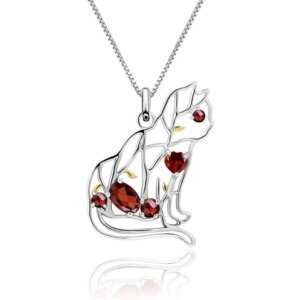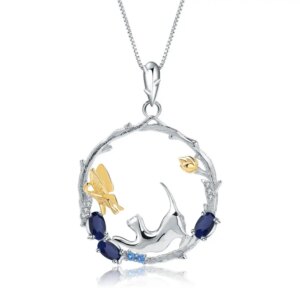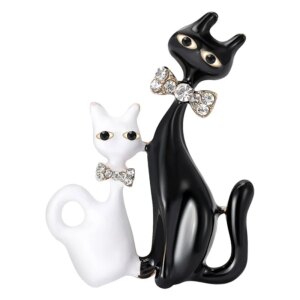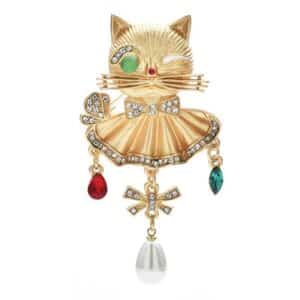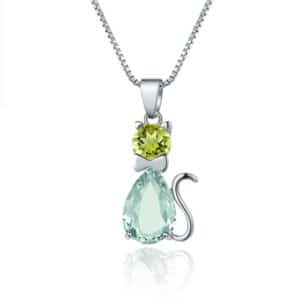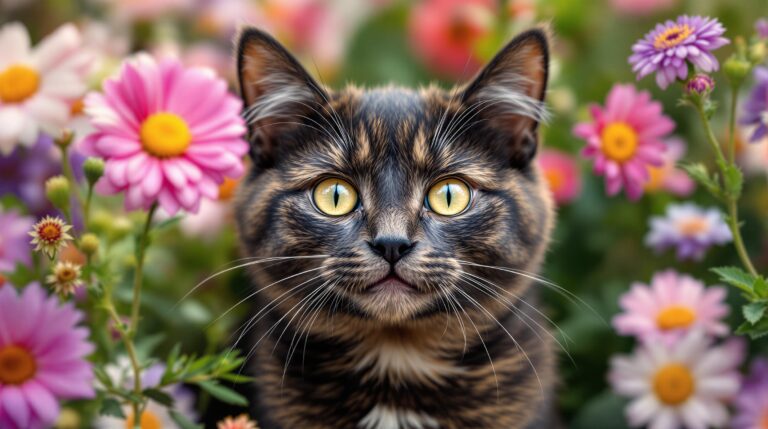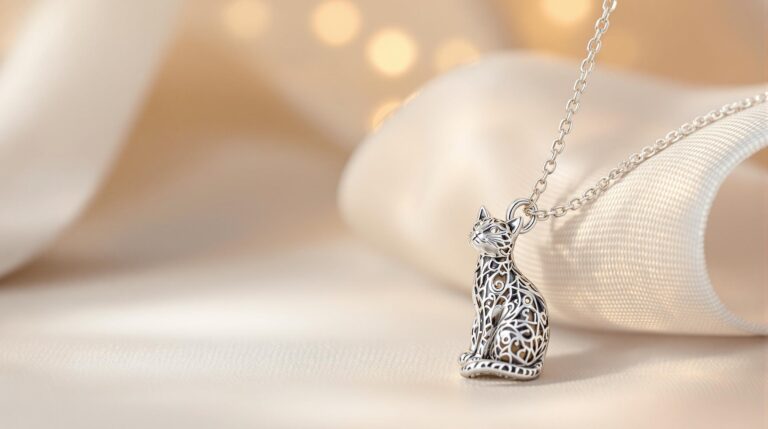Cats licking you is a fascinating and often misunderstood behavior. This article delves into the reasons behind this behavior, its benefits, and how it can strengthen the bond between you and your feline friend. Discover the science behind cat licking, the emotional and health implications, and tips for fostering a loving and trusting relationship with your cat.
Why Do Cats Licking You
Natural Grooming Instincts
At Cat Karma Creations, we understand that cats are naturally inclined to groom themselves and their fellow felines. This grooming behavior extends to their human companions as well. When a cat licks you, it is essentially treating you as part of its social group. This behavior is rooted in their maternal and communal instincts, where grooming is a way to maintain hygiene and social bonds. Understanding this can help you appreciate the deep connection your cat is forming with you.
Signs of Affection
Cat licking is a clear sign of affection. When your cat licks you, it is expressing love and trust. This behavior is often seen in mother cats grooming their kittens, and it carries over into the relationship between a cat and its human. Cats also lick to show that they feel safe and comfortable in your presence, which is a significant indicator of a strong bond. If you’re looking for unique cat-themed gifts, visit our All Jewelry page.
Building Trust and Bonding
Cats licking you can strengthen the bond between you and your pet. It is a form of social grooming that helps build trust and comfort. When a cat licks you, it is essentially saying, ‘I trust you and feel safe with you.’ This behavior can also be a way for your cat to show gratitude and affection, reinforcing the positive relationship you have with each other. For more insights, follow us on Instagram.
The Science Behind Cat Licking
Biological and Psychological Reasons
Cat licking is not just a random behavior; it has deep biological and psychological roots. From a biological perspective, licking helps to keep the fur clean and free from parasites. It also helps to distribute natural oils that keep the fur healthy. Psychologically, licking can be a calming and comforting behavior for cats. It releases endorphins, which can help reduce stress and anxiety. Understanding these reasons can help you appreciate the multifaceted nature of cat licking.
Health Benefits for Humans
Being licked by a cat can have several health benefits for humans. The act of petting and being licked by a cat can help reduce stress and anxiety levels. It can also improve mood and provide a sense of comfort and relaxation. The physical contact can release endorphins in humans, leading to a feeling of well-being. Additionally, the rhythmic motion of a cat’s tongue can be soothing and therapeutic. For more cat-themed gifts, explore our Cat Themed Jewelry collection.
Potential Risks and Hygiene Tips
While cat licking can be beneficial, it is important to be aware of potential risks. Cats’ tongues are covered in small, backward-facing barbs that can scrape the skin, potentially leading to minor injuries. Additionally, cats can carry bacteria in their mouths, which can be transferred to humans. To minimize these risks, it is important to practice good hygiene, such as washing your hands after being licked and keeping your cat’s teeth and mouth clean. Regular vet check-ups can also help ensure your cat is healthy and free from infections.
Cat Licking Frequency and What It Means
Common Times for Licking
Cats tend to lick their human companions at specific times. They are often more likely to lick you in the morning or before bedtime, when they are feeling relaxed and comfortable. Cats may also lick you after you have been away from home, as a way to welcome you back and re-establish the bond. Paying attention to these patterns can help you understand your cat’s behavior and needs better. For more cat-themed items, check out our Teespring store.
Factors Influencing Licking Behavior
Several factors can influence a cat’s licking behavior. These include the cat’s breed, personality, and environment. For example, some breeds are more prone to licking than others. Personality traits such as anxiety or affection can also play a role. Environmental factors, such as changes in routine or stress, can affect a cat’s likelihood to lick. Understanding these factors can help you create a more supportive and comforting environment for your cat.
When to Be Concerned
While cat licking is generally a positive behavior, there are times when it can be a cause for concern. Excessive licking, particularly if it is accompanied by other signs of distress such as lethargy or loss of appetite, may indicate an underlying health issue. If your cat suddenly starts licking you more frequently or if the behavior becomes obsessive, it is a good idea to consult with a veterinarian. They can help determine if there is a medical reason for the change in behavior. For more information, visit our Contact Form.
Cat Licking and Communication
Understanding Your Cat’s Needs
Cat licking is a form of communication that can help you understand your cat’s needs and feelings. When a cat licks you, it is often a way of expressing contentment and security. However, it can also be a way of seeking attention or comfort. Paying attention to the context in which your cat licks you can help you better understand what they are trying to communicate. For example, if your cat licks you when you are feeling sad or stressed, it may be trying to offer comfort.
Expressing Emotions and Feelings
Cats use licking as a way to express a range of emotions and feelings. It can be a sign of love, trust, and comfort. However, it can also be a way for cats to self-soothe when they are feeling anxious or stressed. By recognizing these emotional expressions, you can better respond to your cat’s needs. For example, if your cat is licking you more frequently due to anxiety, you can take steps to create a more calming environment.
Tips for Better Communication
Improving your communication with your cat can enhance your relationship. Here are some tips to help you better understand and respond to your cat’s licking behavior:
- Pay attention to the context in which your cat licks you. This can provide valuable insights into their emotional state.
- Respond positively to your cat’s licking. This can reinforce the behavior and strengthen your bond.
- Provide a safe and comfortable environment for your cat. This can help reduce stress and anxiety, which can manifest as excessive licking.
- Be patient and consistent in your interactions with your cat. This can help build trust and improve communication over time.
| Feature | Cat Licking | Purring | Meowing |
|---|---|---|---|
| Behavior Type | Physical contact | Vibration | Vocalization |
| Frequency | Occasional to frequent | Frequent | Variable |
| Purpose | Grooming, bonding, comfort | Relaxation, contentment | Attention, communication |
| Emotional Impact | Affection, trust | Calm, reassurance | Alertness, urgency |
| Communication | Sign of trust and affection | Indication of well-being | Expression of needs and feelings |
Popular Quote
“A cat has absolute emotional honesty; human beings, for one reason or another, may hide their feelings, but a cat does not.” — Ernest Hemingway
Statistical Fact
According to a study published in the Journal of Feline Medicine and Surgery, approximately 50% of cats engage in social grooming behaviors, including licking their human companions. This behavior is a significant indicator of trust and social bonding. (Source: Journal of Feline Medicine and Surgery)
Three Tips for Enhancing Your Bond with Your Cat
1. Create a Comfortable Environment
Ensure your home is a safe and comfortable space for your cat. Provide cozy spots for them to rest, and keep their environment clean and free from stressors. This can help reduce anxiety and encourage more positive behaviors like licking.
2. Regular Interaction and Playtime
Spend quality time with your cat through play and interaction. Regular play sessions can strengthen your bond and provide mental and physical stimulation for your cat. This can also increase the likelihood of affectionate behaviors like licking.
3. Positive Reinforcement
When your cat licks you, respond positively by petting them or offering a treat. This reinforces the behavior and shows your cat that you appreciate their affection. Over time, this can build a stronger and more trusting relationship.
Popular Questions About Cats Licking You
1. Why do cats lick their humans?
Cats lick their humans as a form of grooming and bonding. It is a way for them to show affection, trust, and comfort. This behavior is rooted in their natural instincts and can strengthen the bond between you and your cat.
2. Is it safe for cats to lick humans?
While cat licking is generally safe, it is important to practice good hygiene. Cats’ tongues have small barbs that can cause minor skin irritation, and they can carry bacteria in their mouths. Washing your hands after being licked and keeping your cat’s mouth clean can help minimize these risks.
3. What does it mean if my cat licks me excessively?
Excessive licking can be a sign of anxiety, stress, or an underlying health issue. If your cat suddenly starts licking you more frequently or if the behavior becomes obsessive, it is a good idea to consult with a veterinarian to rule out any medical concerns.
4. How can I encourage my cat to lick me more?
To encourage your cat to lick you, spend more time with them and create a comfortable and stress-free environment. Positive reinforcement, such as petting and treats, can also reinforce the behavior. However, it is important to respect your cat’s boundaries and not force the behavior.
5. What should I do if I don’t like being licked by my cat?
If you prefer not to be licked by your cat, gently redirect their attention to a toy or treat. Consistently doing this can help your cat understand that licking is not always appropriate. However, it is important to maintain a positive and loving relationship with your cat.
Final Thoughts About Cats Licking You
Cats licking you is a beautiful and meaningful behavior that can deepen your bond and bring joy to both you and your feline friend. By understanding the reasons behind this behavior and its emotional and health implications, you can create a more loving and trusting relationship. If you have any questions or need further assistance, feel free to visit our website or contact us through our Contact Form. You can also reach out to us at (800) 343-1604 or email us at info@catkarmacreations.com.


